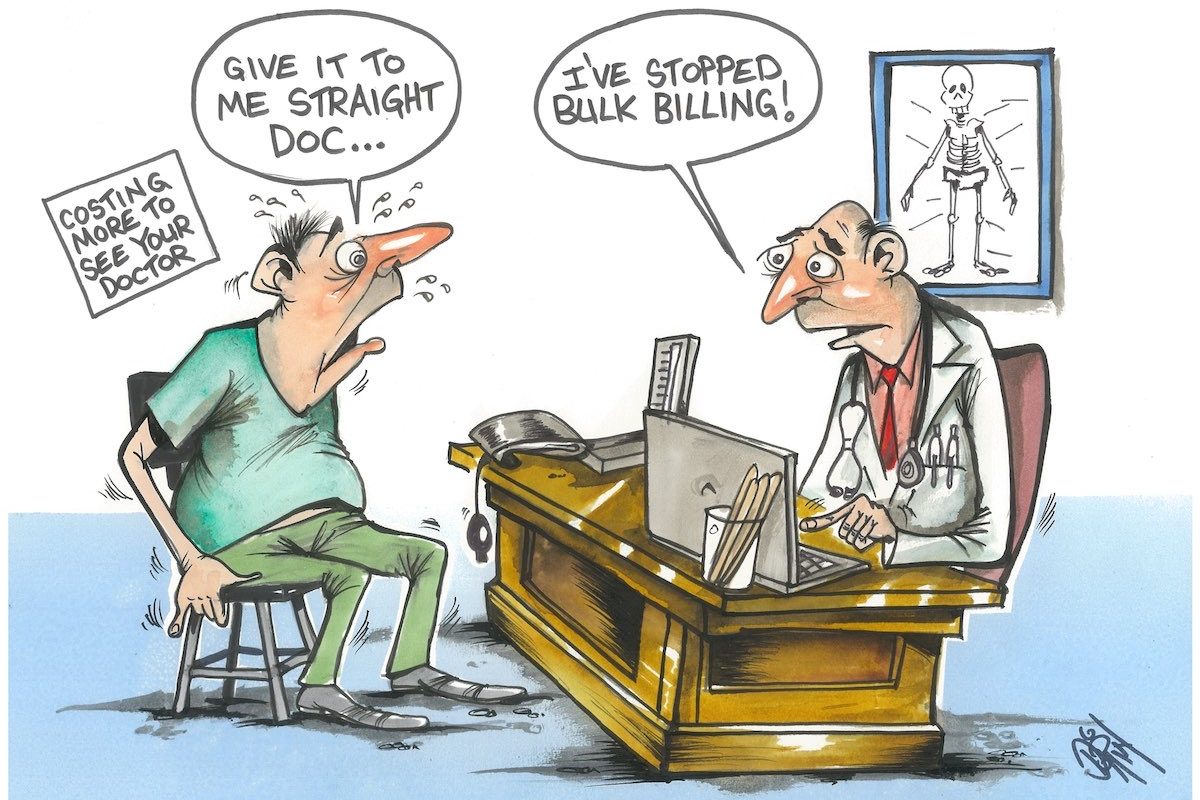
By Jennifer Dudley-Nicholson in Brisbane
Office workers are being overwhelmed by unnecessary meetings, swamped with time-wasting notifications, and are not being given the tech tools that could help them focus on critical tasks, according to a survey of more than 5000 employees.
Atlassian released the findings in its State of Teams report on Thursday, which also estimated businesses were wasting 25 billion hours of work each year due to inefficient, old-world practices.
The research, which also investigated the use of artificial intelligence tools, found workers with access to the technology were more productive, clear on their goals and able to find information.
The findings come as AI technology becomes a bigger consideration for businesses and industries in Australia, with research estimating that generative AI could add as much as $115 billion a year to the local economy by 2030.
The Atlassian report surveyed 5000 knowledge workers across Australia, the US, India, Germany and France, as well as 100 executives from Fortune 500 companies.
It found workers were being peppered with unnecessary notifications, messages and meetings that were holding them back from completing critical work, and almost two in three said they thought it was more important to respond to messages quickly than to complete tasks.
Atlassian Team Anywhere head Annie Dean said the findings proved that old-world ways of doing business in an office were preventing companies from achieving as much as they could.
“Meetings are the problem… people are wasting their time in meetings and breaking up their time by responding to one-off messages and we can eliminate both of those behaviours if we start using asynchronous work in the right ways,” she said.
Ms Dean said rather than meetings being replaced by an email, a video could be summarised by artificial intelligence tools “in 30 seconds” to become easier and quicker to digest.
The survey also found even though 63 per cent of workers and 79 per cent of executives considered AI tools important in the workplace, they did not know how to use them in their daily work.
But the survey also found workers that did use AI were twice as likely to find information more easily, and were more productive and clear about their work goals.
Ms Dean said like remote work, using AI technology could change work for the better and make businesses more efficient.
“We’re still using those office norms – meetings, handwritten summaries, getting alignment in a daily stand-up,” she said.
“Now we can move to using the internet to its full capability, using AI to retrieve information, and we have to be thoughtful about recognising that we’re in that paradigm shift.”
The use of generative AI technology is expected to contribute up to $115 billion a year to the Australian economy by the end of the decade, according to the Tech Council and Microsoft, with many of the gains made by automating routine tasks.
However, the technology is also expected to significantly change some professions, with the Future Skills Organisation this week releasing a report identifying four vocational training courses at the greatest risk of disruption in marketing and finance.
Who can be trusted?
In a world of spin and confusion, there’s never been a more important time to support independent journalism in Canberra.
If you trust our work online and want to enforce the power of independent voices, I invite you to make a small contribution.
Every dollar of support is invested back into our journalism to help keep citynews.com.au strong and free.
Thank you,
Ian Meikle, editor





Leave a Reply